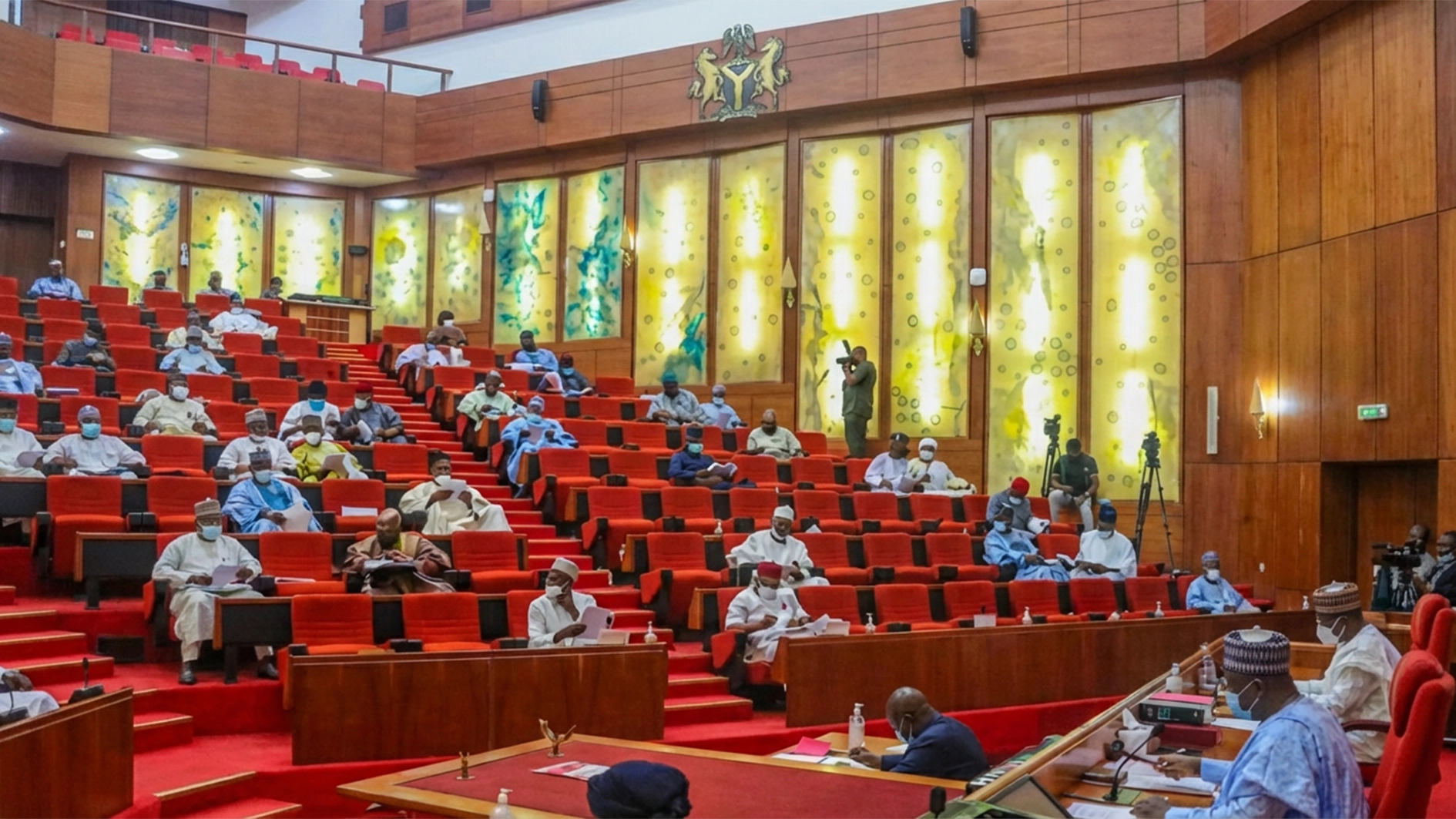
Good morning, Mr President. I write on your January 7 visit to Ghana to attend the inauguration of His Excellency, President John Dramani Mahama, the brand new president of Ghana. The Ghanaian president honoured you a great deal by providing you with an ex-cathedra position to address the Ghanaians, Africa and the world. That is quintessential pan-Africanism and I hope you got the sense of the occasion.
To be sure, Mr President your speech invoked the spirit of our ancestors, in this case, the spirit of legendary Osagyefo Kwame Nkrumah. You deserve to be quoted because the invocation is the highpoint of that short speech.
In your words, “The spirit of Ghana’s first President, Osagyefo Dr. Kwame Nkrumah, is here today, lifting that star higher and higher. Just as Ghana draws inspiration and a well of strength from Nkrumah and many of its past leaders, Nigeria similarly draws inspiration from its founding leaders who not only fought for her independence but also cherished the close relationship between our two nations…May we always walk in the way and the spirit of these enlightened leaders…Ghana is in harmony with that spirit, and President John Mahama’s inauguration today reflects that.”
Mr President, as I listened to your speech, invoking the spirit of our revered ancestors, I said to myself that you were turning a new leaf. To use the radical phrase, you were about to commit class suicide, which I had advised in this serial. I hope it was not sheer rhetoric and pathos woven into the speech to the audience’s delight or in the words of the late Mr Igberase, my Religion Knowledge teacher of yore, to bamboozle your hearers.
Mr President, let me tell you something about the spirit of the ancestor you invoked, the spirit of Nkrumah. That spirit is revolutionary, emancipatory, and pan-African in essence. A revolutionary believes in change. His universe is the people. He exudes love and abhors oppression. He tells no lies to the people. To be Pan-African means to believe in the black man’s self-determination, his freedom from racial oppression, and self-reliance, whether on the continent or diaspora. The quest for the realisation of those values translates into a movement led by Edward Blyden, Marcus Garvey, Du Bois, and Nkrumah, all now in the pantheon of our ancestors.
Nkrumah inspired a generation of African intellectuals and leaders. His strongest weapon was the weapon of theory which inheres a great deal in two of his major works, namely, Consciencism and Neo-colonialism, the Last Stage of Imperialism (1965).
Consciencism (1964) is a philosophical pathway to liberation from the obscurantism of the triple heritage embracing African traditional civilisation, Judeo-Christian tradition and Islamic civilisation that has created contradictions in Africa’s historical trajectory of social development. It is a Marxist analysis of African conditions and the struggles against imperialism. It arises from the context of colonialism, imperialism, disunity and absence of development in Africa.
As Nkrumah puts it, “Consciencism is the map in intellectual terms of the disposition of forces which will enable African society to digest the Western and the Islamic and the Euro-Christian elements in Africa, and develop them in the way that they fit into the African personality. The African personality is itself defined by the cluster of humanist principles which underlie the traditional African society.”
A Marxist analysis of African conditions and the struggles against imperialism. It arises from the context of colonialism, imperialism, disunity and absence of development in Africa. Nkrumah underlines materialism as its basis and notes that “The minimum assertion of materialism is the absolute and independent existence of matter. Matter is a plenum of forces which are in antithesis to one another and thus endowed with self-motion.”
Neo-colonialism, the last Stage of Imperialism (1965) is a magnum opus, no wonder, he voted the most fundamental African intellectual of the last century. The work dissects imperialism and reveals in vivid terms its entrails which may have prompted his overthrow by the CIA as the U.S. State Department declassified documents have shown. Nkrumah says the “book is therefore an attempt to examine neo-colonialism not only in its African context and its relation to African unity, but in world perspective.”
According to him, “The essence of neo-colonialism is that the State which is subject to it is, in theory, independent and has all the outward trappings of international sovereignty. In reality its economic system and thus its political policy is directed from outside…The methods and form of this direction can take various shapes. For example, in an extreme case the troops of the imperial power may garrison the territory of the neo-colonial State and control the government of it. More often, however, neo-colonialist control is exercised through economic or monetary means.”
Neo-colonialism is central to the struggles that are being waged by the young officers in Burkina Faso, Mali and Niger, who bond together in the Alliance of the Sahel States. You saw the ovation received by Ibrahim Traore of Burkina Faso, a Sankara incarnate. It is because he stands for his people and against imperialism. This is the cross you signal to carry in your Accra speech. Mr President, do not look back.
Prof. Akhaine is of the Department of Political Science, Lagos State University.






